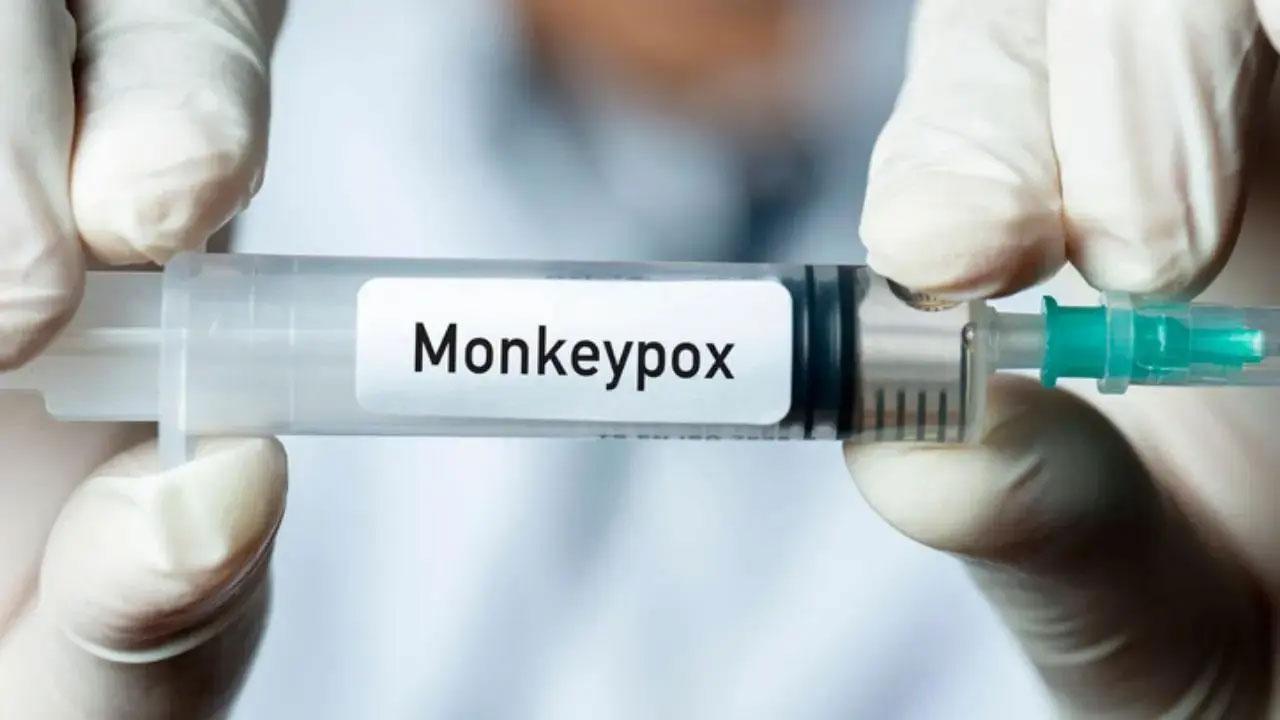Four cases of the infectious disease have also been confirmed in India, including New Delhi

Representative Image
Monkeypox virus, that has crossed over 16,000 cases worldwide, is now a declared public health emergency of international concern like Covid-19 and polio. Four cases of the infectious disease have also been confirmed in India, including New Delhi.
ADVERTISEMENT
Monkeypox is a rare viral disease, related to smallpox and cowpox. The virus generally causes pimples or blister-like lesions and flu-like symptoms such as fever.
The lesions typically concentrate on the arms and legs, but in the latest outbreak, they're showing up more frequently on the genital and perianal area. It is transmitted from infected animals to humans via indirect or direct contact.
Human-to-human transmission can occur through direct contact with infectious skin or lesions, including face-to-face, skin-to-skin, and respiratory droplets. Transmission can also occur from contaminated materials such as linens, bedding, electronics and clothing that have infectious skin particles.
Touching objects that have been contaminated by monkeypox lesions or fluids may also increase the risk of spreading. "We should all know about the transmission root of this virus. It spreads by close contact, skin to skin contact and droplet infection. So, we have to be careful about all these factors," Dr Satish Koul, Director of Internal Medicine at Fortis Memorial Research Institute, said. The disease has also been reported among three children -- two in the US and one in the Netherlands.
Also read: Mumbai: Do you feel you might have monkeypox? Head to Kasturba
Monkeypox, even though is not a sexually transmitted disease, in the latest outbreak, it has mostly been spreading among men who have sex with men, according to Centers for Disease Control (CDC) Director Dr. Rochelle Walensky. It is usually considered mild and most people recover within four weeks without treatment. However, the disease is frequently uncomfortable or painful, and can sometimes lead to complications that require close medical follow-up.
If one has "fever after travelling recently, or you have come in contact with somebody who has manifested symptoms of monkeypox, you should immediately seek consultations from your physician. As of now, prevention is the cure," Koul said.
According to Dr Manisha Arora, Senior Consultant in Internal Medicine at Sri Balaji Action Medical Institute, avoid coming in contact with an ill person. The primary measures to control the outbreak are contact tracing and isolation. It is also important that people confirmed with monkeypox disclose their contacts so they can be alerted to monitor for symptoms. "Always wash hands properly and use an effective alcohol-based sanitiser. Never avoid using masks," Arora said.
This story has been sourced from a third party syndicated feed, agencies. Mid-day accepts no responsibility or liability for its dependability, trustworthiness, reliability and data of the text. Mid-day management/mid-day.com reserves the sole right to alter, delete or remove (without notice) the content in its absolute discretion for any reason whatsoever
 Subscribe today by clicking the link and stay updated with the latest news!" Click here!
Subscribe today by clicking the link and stay updated with the latest news!" Click here!







